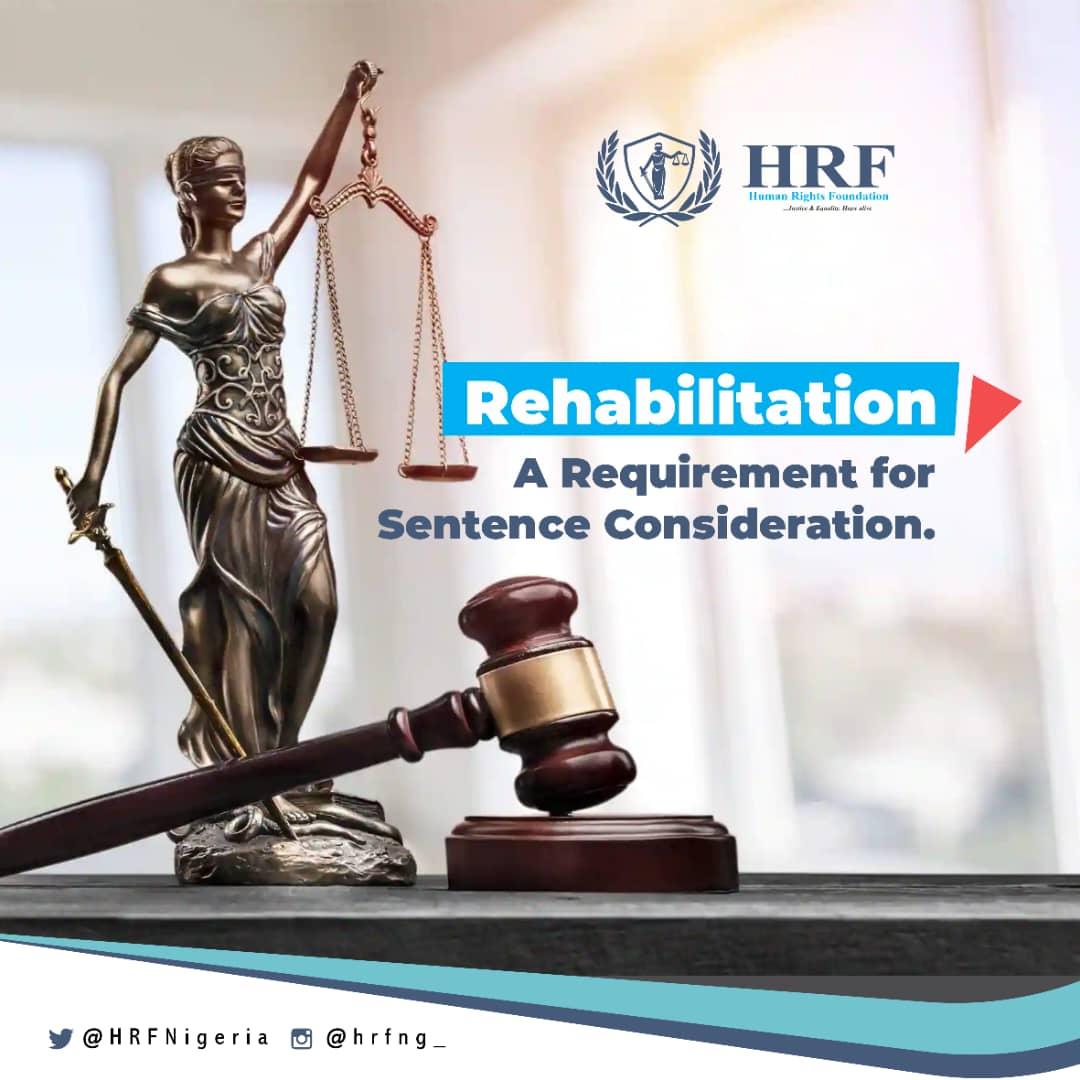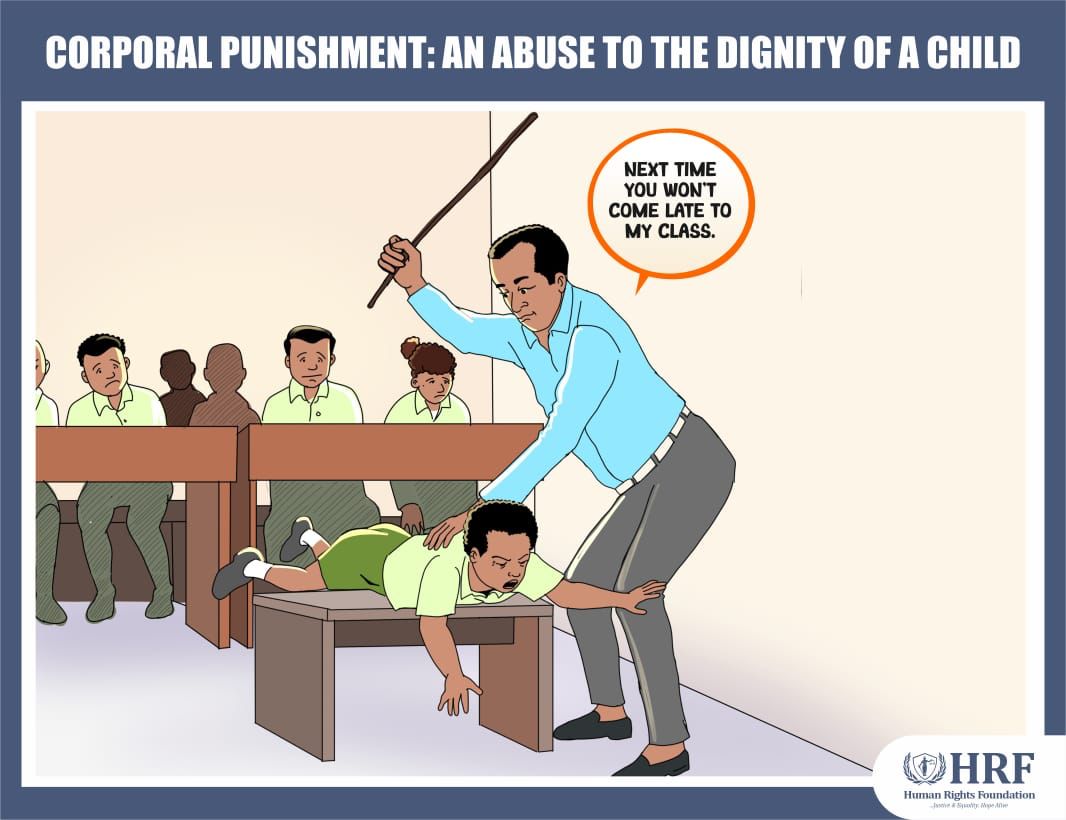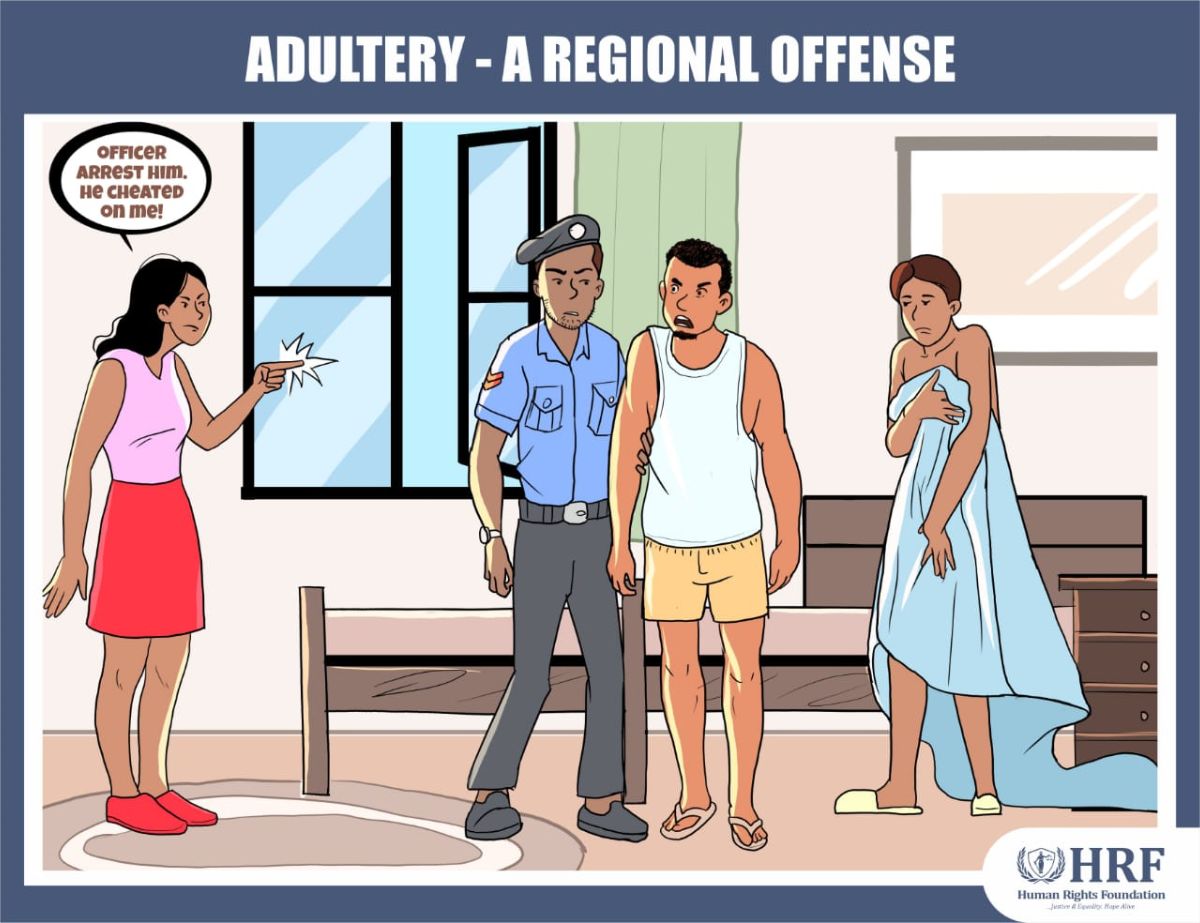| Recently, a high court judge of the Ikeja Special Offences in Lagos State, Nigeria, sentenced a 32-year-old vulcanizer, Chidozie Onyinchiz, to death by hanging on Tuesday for the offence of Conspiracy, Armed Robbery, and membership of an unlawful society. The court held that the prosecution had met the burden of proof for the three-count charge against Onyinchiz. The complainant stated that the defendant threatened her with scissors and forcefully snatched her bag containing N57,000 ($76). The defendant and his accomplice Ediri Endurance, who is at large, did not wear a mask, making it possible for the complainant to recognize the defendant easily. Onyinchiz admitted belonging to an unlawful society. The court held that the totality of the evidence before the court was compelling and found the defendant guilty of the charges preferred against him and hereby sentenced to death by hanging. The sentence created an uproar on social media, with many Nigerian citizens tagging the sentence as being biased and heavy-handed. I agree! Though the provision of Nigerian law, section 297 of the criminal law of Lagos 2015, provides for the punishment of armed robbery, that such an offender shall be sentenced to death, judges also have the right to exercise grace and leniency. The defendant should be punished for his actions. No doubt, his criminal involvement in the offence of armed robbery was out of character, and due to the prevalence of this crime in society, must have warranted the decision of the court. However, considering the severity of the crime and the defendant’s criminal history are elements of rehabilitation possibilities a judge cannot ignore during a sentencing hearing. Former U.S. President Barrack Obama granted leniency via clemency for John Gargano, Jr. Obama stated it was a task he never took lightly since he knew his decision could change the course of someone’s life. That was certainly true for the defendant. Gargano grew up on a small vegetable farm in New Jersey. He later moved to Philadelphia after high school and began working various jobs to make ends meet. While there, he started using and selling drugs and was ultimately arrested and sentenced to 30 years in prison, though he was a non-violent, first-time offender. The defendant didn’t want to talk to anyone for the first three years of his incarceration. However, he eventually vowed never to allow his sentence to break him. Gargano’s life is a testament to the power of a second chance. Gargano was granted clemency in 2016. He graduated later from New York University with an impressive 3.9 GPA and a Bachelor of Science in Leadership and Management Studies. The life of Onyinchiz is one I think needs perfecting, and he should be given a second chance in life. An appeal for this sentence is clearly in order. |
 |
| HRF facilitated the release of indigent client, Soloman Akanbi on January 10, 2023, in Lagos State, after awaiting trial and incarcerated for 12 months. The case was struck out for want of diligent prosecution. L-R: Solomon Akanbi, and HRF Legal Associate, Ni’mah Ali. |
 |
| HRF represented indigent client, Godwin Matthew. After awaiting trial and incarcerated for 16 months, the case was struck out for want of diligent prosecution on January 25, 2023, at the high court in Akure, Ondo State. |




.jpg)
0 Comments